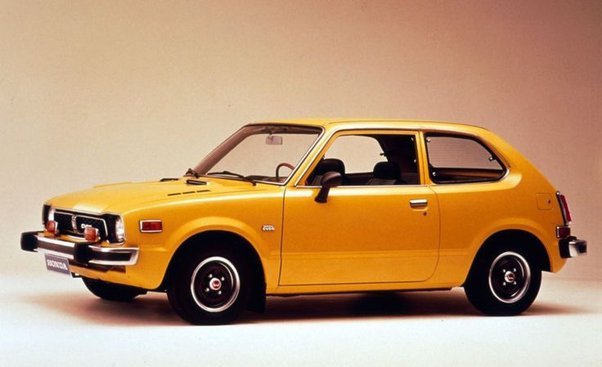
Restoring vintage Japanese cars from the 70’s is a passion that many car enthusiasts share. These classic vehicles hold a special place in our hearts, reminding us of a bygone era of style and innovation. In this article, we will explore why Honda, Toyota, and Datsun became so popular during the 70’s and why they continue to captivate car lovers today.
The Rise of Honda
Honda, a name synonymous with reliability and performance, gained popularity in the 70’s for several reasons. First and foremost, their cars were known for their fuel efficiency, a crucial factor during a time of oil crises and rising fuel prices. The Honda Civic, introduced in 1972, offered impressive mileage without sacrificing power.
Furthermore, Honda’s commitment to innovation and technological advancements set them apart from their competitors. The introduction of the CVCC engine in the Honda Accord in 1975 showcased their dedication to fuel efficiency and reduced emissions, making their cars more environmentally friendly.
Additionally, Honda’s reputation for quality craftsmanship and attention to detail made their cars highly sought after. The sleek designs and comfortable interiors of models like the Honda Prelude and Honda CRX appealed to a wide range of drivers, solidifying Honda’s place in the automotive industry.
The Toyota Phenomenon
Toyota, another Japanese automaker, enjoyed immense popularity during the 70’s for several reasons. One of the main factors contributing to their success was their reputation for producing reliable and durable vehicles. Toyota cars were known for their longevity, and many owners still drive their vintage Toyota models today.
Toyota’s commitment to safety also played a significant role in their popularity. During the 70’s, safety standards were evolving, and Toyota was at the forefront of implementing safety features in their vehicles. Models like the Toyota Corolla and Toyota Celica were equipped with advanced safety features, making them highly desirable among consumers.
Furthermore, Toyota’s ability to adapt to the changing market demands and consumer preferences allowed them to stay ahead of the competition. They introduced smaller, more fuel-efficient models like the Toyota Starlet and the Toyota Tercel, catering to the increasing demand for compact cars during the fuel crisis.
The Appeal of Datsun
Datsun, now known as Nissan, also made a significant impact on the automotive industry during the 70’s. Their cars gained popularity due to their affordability and reliability. Datsun models like the Datsun 240Z and the Datsun 510 offered a combination of performance and affordability that appealed to a wide range of car enthusiasts.
Additionally, Datsun’s focus on sporty designs and performance-oriented features set them apart from their competitors. The Datsun 240Z, with its sleek lines and powerful engine, became an icon of the 70’s sports car scene. The Datsun 510, on the other hand, was known for its nimble handling and impressive performance, making it a favorite among racing enthusiasts.
Furthermore, Datsun’s commitment to continuous improvement and innovation allowed them to stay relevant in a rapidly changing market. They introduced fuel-injected engines and advanced suspension systems, further enhancing the driving experience for their customers.
Restoring Vintage Japanese Cars of the 70’s
The popularity of Honda, Toyota, and Datsun during the 70’s can be attributed to various factors. From Honda’s fuel efficiency and innovative technologies to Toyota’s reliability and safety features, and Datsun’s affordability and performance-oriented designs, each brand had its unique appeal.
Restoring vintage Japanese cars from the 70’s allows us to relive the golden era of automotive design and engineering. Whether you’re a fan of Honda, Toyota, or Datsun, these classic vehicles continue to captivate car enthusiasts and serve as a testament to the enduring legacy of Japanese automotive craftsmanship.